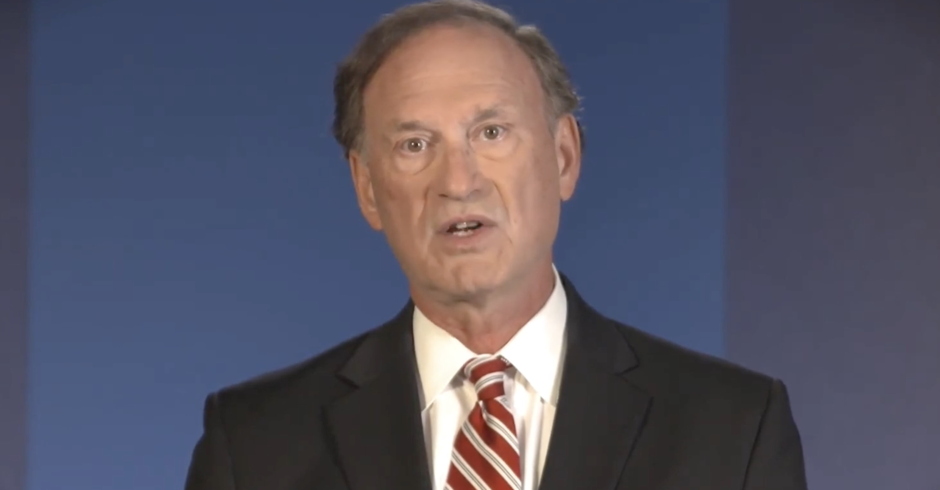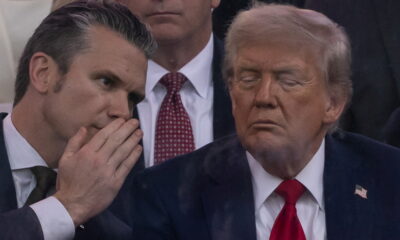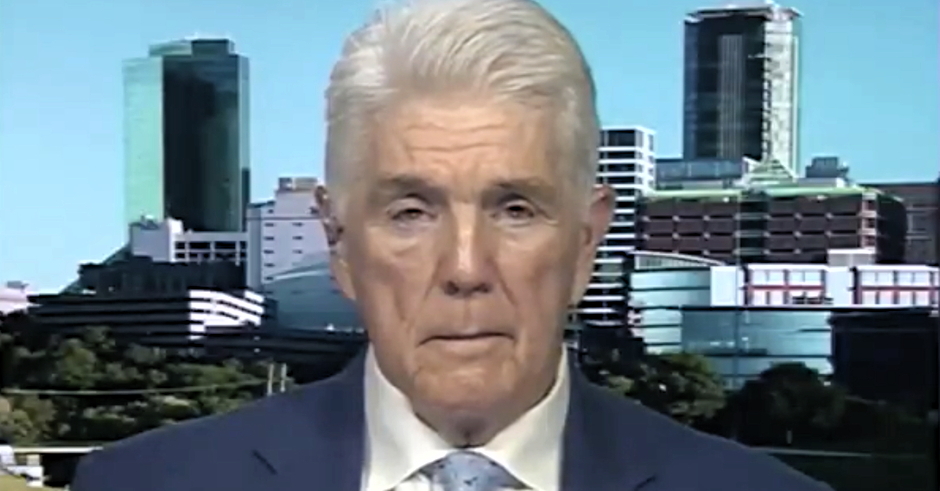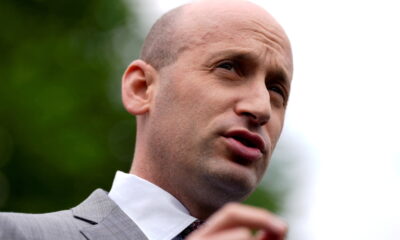Legal experts, advocates for transgender youth, and the liberal justices of the U.S. Supreme Court are condemning SCOTUS’s 6–3 decision to uphold a Tennessee law banning gender-affirming care for minors. All six conservative justices sided with the ban—some going further to disparage scientific expertise, dismiss the value of medical consensus, and signal that transgender Americans should not be granted protected class status.
Chief Justice John Roberts authored the majority opinion upholding the ban, known as SB1.
“An estimated 1.6 million Americans over the age of 13 identify as transgender, meaning that their gender identity does not align with their biological sex,” Justice Roberts wrote at the opening of his opinion, acknowledging that transgender youth exist. In his footnotes he also acknowledged their use of pronouns: “We use ‘transgender boy’ to refer to an individual whose biological sex is female but who identifies as male, and ‘transgender girl’ to refer to an individual whose biological sex is male but who identifies as female.”
Approximately 25 states across the country have some form of ban on medical care for transgender youth. Those bans—including puberty blockers—likely will now stay in place, affecting more than 100,000 transgender youth (as of 2023), according to the Williams Institute.
READ MORE: ‘It’s Biblical’: House Republican Defends His Support for Israel
Justice Amy Coney Barrett took extra steps to write that “transgender status” does not constitute “suspect,” class deserving of strict scrutiny, a higher level of judicial review.
“The Equal Protection Clause does not demand heightened judicial scrutiny of laws that classify based on transgender status,” she also wrote.
Justice Clarence Thomas denigrated what he called “the expert class.”
“There are several problems with appealing and deferring to the authority of the expert class,” he wrote. Justice Thomas added, “whether ‘major medical organizations’ agree with the result of Tennessee’s democratic process is irrelevant.”
“To hold otherwise would permit elite sentiment to distort and stifle democratic debate under the guise of scientific judgment, and would reduce judges to mere “spectators . . . in construing our Constitution.”
Meanwhile, Justice Sonia Sotomayor’s dissent is being praised by transgender advocates and trans-supporting legal experts. And in her dissent she directly opposed Justice Barrett’s claims.
“To give meaning to our Constitution’s bedrock equal protection guarantee, this Court has long subjected to heightened judicial scrutiny any law that treats people differently based on sex,” Justice Sotomayor wrote.
She said in her opinion that Tennessee’s law discriminates against transgender adolescents, and “expressly classifies on the basis of sex and transgender status.” In its ruling, the Supreme Court, Sotomayor wrote, “abandons transgender children and their families to political whims.”
“Tennessee’s ban applies no matter what the minor’s parents and doctors think, with no regard for the severity of the minor’s mental health conditions or the extent to which treatment is medically necessary for an individual child,” she noted.
READ MORE: Dr Oz: Americans Must ‘Earn the Right’ to Be on Medicaid
“This case presents an easy question: whether SB1’s ban on certain medications, applicable only if used in a manner ‘inconsistent with . . . sex,’ contains a sex classification,” Justice Sotomayor concluded. “Because sex determines access to the covered medications, it clearly does. Yet the majority refuses to call a spade a cspade. Instead, it obfuscates a sex classification that is plain on the face of this statute, all to avoid the mere possibility that a different court could strike down SB1, or categorical healthcare bans like it.”
“The Court’s willingness to do so here does irrevocable damage to the Equal Protection Clause and invites legislatures to engage in discrimination by hiding blatant sex classifications in plain sight. It also authorizes, without second thought, untold harm to transgender children and the parents and families who love them. Because there is no constitutional justification for that result, I dissent.”
Attorney Andrew L. Seidel labeled Sotomayor’s dissent, “Clear, concise, and brilliant.”
Attorney Aaron Reichlin-Melnick, responding to the ruling, wrote: “Solidarity with trans people today, who are facing growing state oppression here and globally.”
Writer and former Human Rights Campaign spokesperson Charlotte Clymer wrote on the ruling: “The Supreme Court’s ruling prioritizes the discomfort and fear of some non-trans people over the health and wellbeing of trans youth. It disregards science and every major medical authority. It endorses the state controlling parents and doctors. Every resulting suicide is on the hands of these anti-trans justices.”
Illinois Democratic Governor JB Pritzker, responding to news of the decision, wrote: “Illinois has enshrined protections to meet this very moment. In a time of increasing overreach and hateful rhetoric, it’s more important than ever to reaffirm our commitment to the rights and dignity of the LGBTQ+ community. You have a home here always.”
Political scientist Dr. Norman Ornstein, a contributing editor to The Atlantic, declared: “In effect, the Supreme Court has given a middle finger to parental rights by accepting a Tennessee law banning gender- affirming care for youth. This is a decision that should be made within the family. They love parental rights when it fits right wing aims.
READ MORE: Tapper Tells Ex-Viewer Trump’s Behavior Is More About ‘Personality’ Than Cognitive Decline
Image via Shutterstock



























